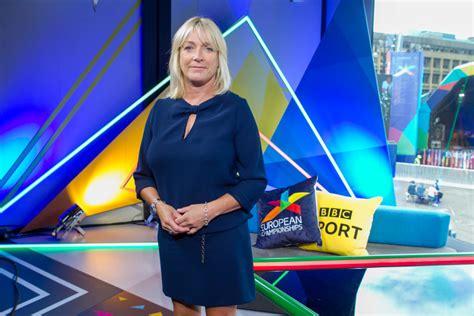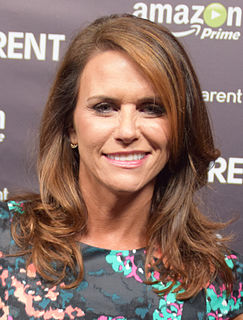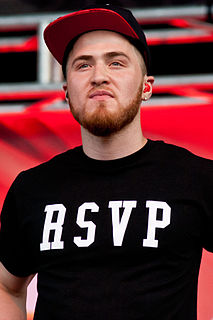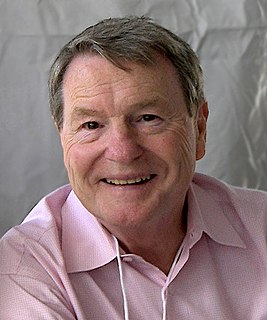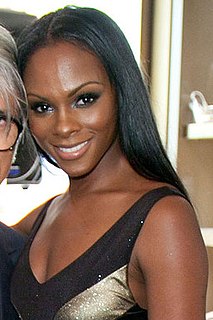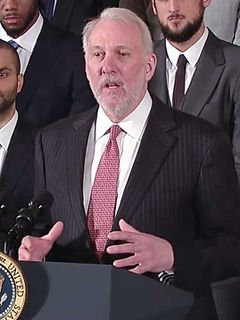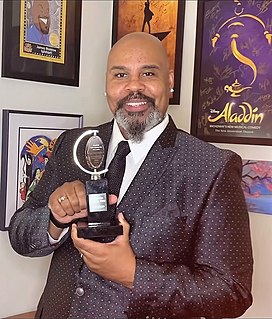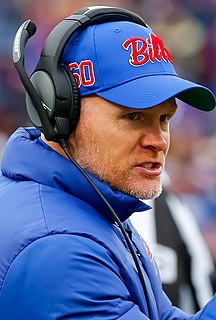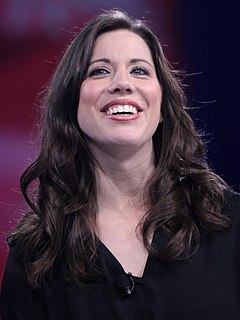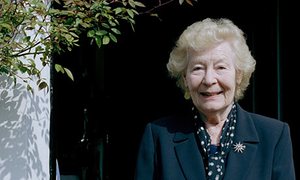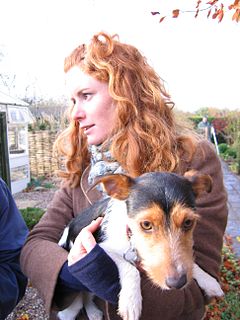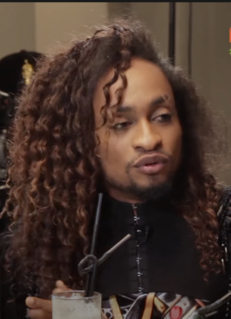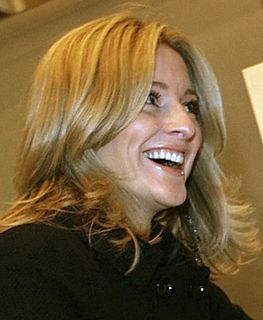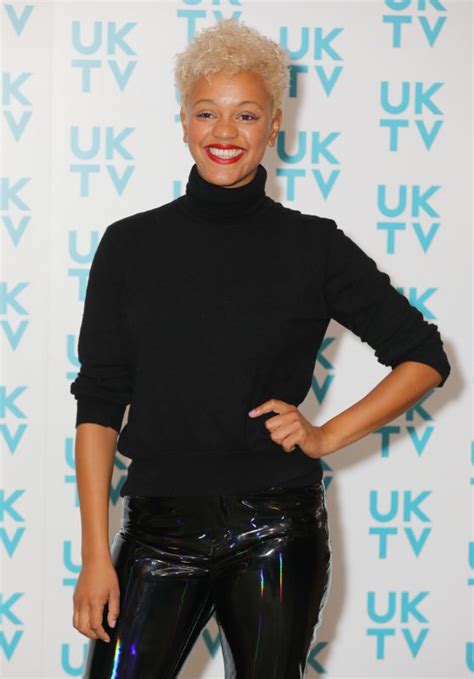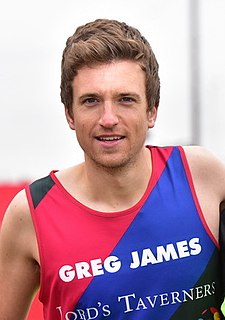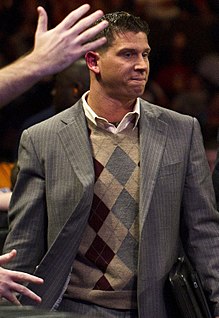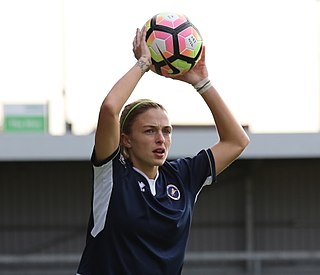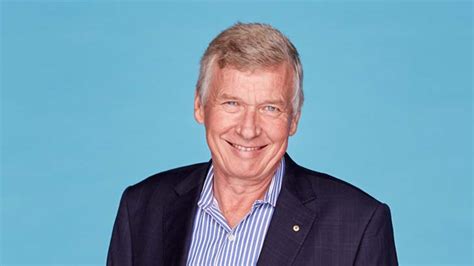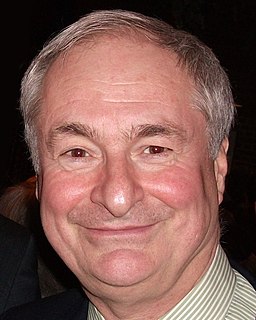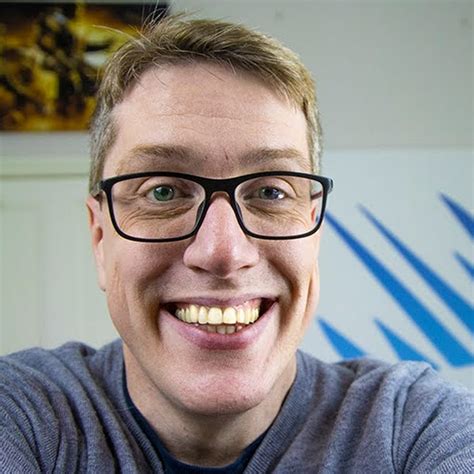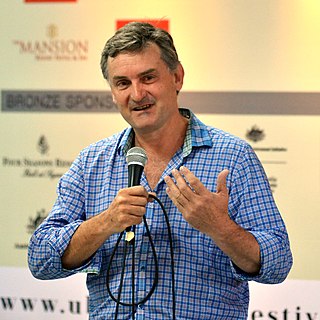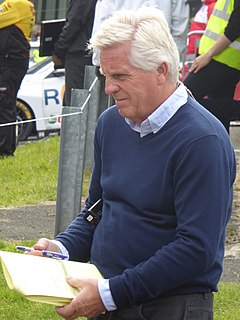A Quote by Jill Douglas
I didn't go to university. They offered me a job as a junior reporter and I went off to work for the Southern Reporter. They sent me to college to do my NCTJ, which is a professional exam for journalists, and I started work as a print journalist purely because I was just a pest. They couldn't think of anything other than giving me a job to stop me hanging around.
Related Quotes
Most people go to college to get a job, and here I am sitting in class with a job, making exponentially more than whoever's teaching me, you know what I'm saying? At the end of the day, I wanted to finish what I started, and make my mom proud. A lot of people put a lot of hard work and investment to allow me to go to school, and for me not to finish would have been like a slap in the face to my family and those people.
I started as a print reporter. I’m a journalist and that’s what I do. My function is an anchorperson, but it’s in a journalism context, and gravitas and coats and ties and haircuts and all that sort of stuff, I’ll leave to others. My thing is just to do my job the best way I know how and as I say I’m very fortunate to be able to do it the way I want to do it.
I used to work at a movie theater and sold hams at Honey Baked Ham during the holidays. I sold a ton of hams, and they offered me a regular job there, which I turned down. I feel like anything you do, just do it 100% because then that work ethic will bleed through when it's time to work on your dreams.
I never went into it [the business] thinking 'I'm a female sports reporter'. I just went into it thinking 'I'm a sports reporter'. No chip on the shoulder, no feeling like a victim when you walk in, no feeling entitled when you walk in. You've just got to do your job and work extremely hard. I think it's very basic. There's no magic to it. I think honestly it comes down to how badly do you want it. How hard are you willing to work?
As a reporter, you know the tropes of how stories on poverty work in any country. A reporter will go to an NGO and say, "Tell me about the good work that you're doing and introduce me to the poor people who represent the kind of help you give." It serves to streamline the storytelling, but it gives you a lopsided cosmos in which almost every poor person you read about is involved with a NGO helping him. Our understanding of poverty and how people escape from poverty, in any country, is quite distorted.
I keep "leave me alone, I'm busy " pretending to work sign with me because my dad once told me to find a job that you would do for free and I would do this job for free. But I would be a performer for free because that's all I've ever loved to do. I've worked so hard to get to the point where work doesn't feel like work. So when I come to work, I'm actually coming to play - I'm coming to recess. So, when you see me, leave me alone, I'm busy ... pretending to work.
Some folks ask me what the transition was like from NASCAR reporter to political reporter. It's easy. In one, you try to explain to your readers the significance of grown-ups getting paid exorbitant amounts of money to go around in circles indefinitely, always turning left. In the other, you get to interview racecar drivers.
I studied journalism at The University of North Carolina - Chapel Hill. I did my graduate work at Emerson in Boston, and I was actually a reporter for a year in New York and New Jersey. It dawned on me that I wasn't cut out for that line of work. I mean... there's a certain thing that really good reports have that I just didn't.
Like I said, I'm just grateful when anyone offers me a job. It's like, "Okay. I'll do it." FBI agent is one, too, when you get older. When you're kind of an older lady hard-ass, FBI tends to happen. It's just because I'd like to work rather than not work, so I'm just happy if somebody wants me to do anything.
